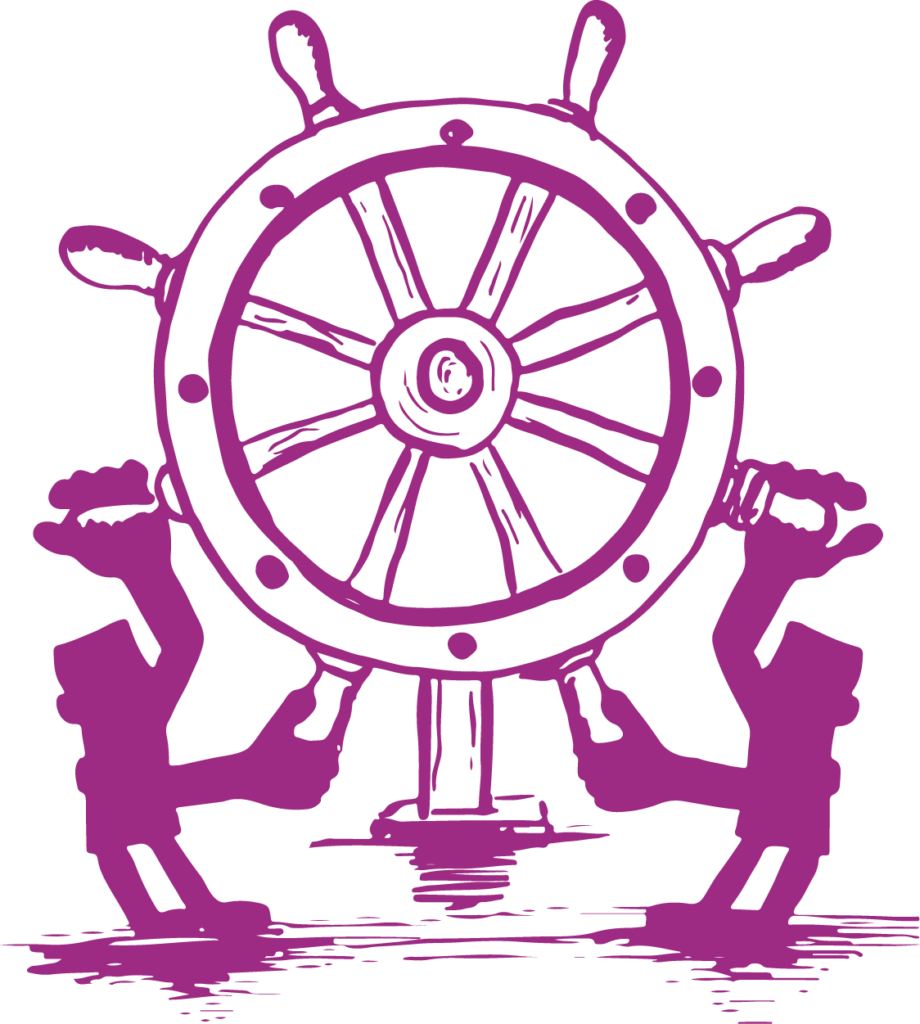Conflicts are part of our life, and we need to learn how to deal with them. This course’s clear message is that one does not have to avoid conflicts to have meaningful and deep relationships.
Do conflicts have benefits for our life? This course argues that they have, and the argument is taken even further by highlighting how disputes have the ability for personal growth and development. According to Margaret Heffernan, by stepping into the conflict, we allow ourselves to analyse our beliefs and perspectives by reflecting on opposing beliefs and views.
In this way, personal knowledge is broadened with the very unique sense of someone else’s experience. This process allows creating a shared experience which could be beneficial for all parties involved. According to Heffernan, it is essential to build the ability to detach self and one’s own perception, thus creating the initial willingness to understand the opinions of others. We can call it open-mindedness or the ability to understand what might initially seem unfamiliar, or even strange. Heffernan invites us to be accepting of such strangeness and even consider it valuable, as something that can enrich our thoughts.
To see conflicts from another angle, Unit 3 of this Conflict and Communication course sees Crossing Borders’ chair Vibeke Quaade offer her perception of a particular form of communication that can prove problematic. Vibeke describes the tendency of humanitarian organisations to present Africa as a place in need through distressing imagery, feeding into Western media and encouraging support to what is made to seem a simply needy continent. While drawing interesting connections of this modern-day problem to its colonial roots, Vibeke encourages humanitarian communications workers to fight against this tendency and not be overly simplistic and damaging in their work.
This course then offers and describes the practice of Nonviolent Communication, which is presented as a working tool to effectively manage conflict situations. Nonviolent communication is an analytical tool in the form of reflection on possible emotional manifestation and in this sense, emotional and rational attributes are balanced and cooperative. Therefore, by doing this course, we are encouraged to be fully present when engaged in a conflict.
The course nicely incorporates the need for personal openness to facing conflicts, while on the other hand it encourages students to listen and learn from disagreements. Students are invited to step out of their comfort zone to see and understand different perspectives, and above all, to grow.
Take the course now!


By Lucia Trubenova
Crossing Borders Intern


